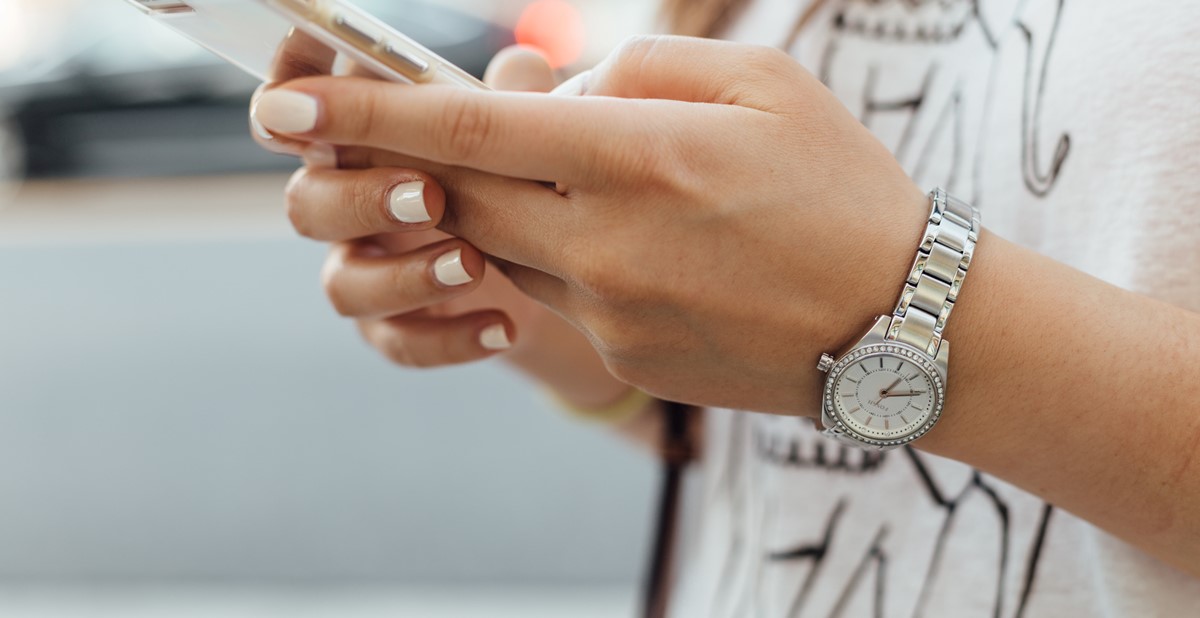Market Share: The Year Of The Virtual Influencer

Image by Paul Hanaoka / Unsplash.com
Brands across the globe are delving more deeply into the digital world, and one of the latest innovations they’re experimenting with is the use of computer-generated imagery (CGI) in the form of virtual influencers. These influencers, which range in appearance from cartoon-like to nearly indistinguishable from humans, are being used as an outreach tactic, serving as brand representatives, communicating with consumers and even selling product. With the growing cost of the celebrity and social media influencer market, virtual influencers are now seen as cost-effective alternatives with potential for significant return.
L’Oréal Group recently unveiled its Mr. Ou to the Chinese market, which the company refers to as its “virtual idol.” The two-dimensional, anime-style virtual influencer is the first of its kind for the company, and embodies a 24-year-old Chinese-French entrepreneur who “works” in the beauty industry and stands for the environment. The plan is for Mr. Ou to become a presence across the company’s social media platforms as related to beauty industry trends, product ingredients and eco-friendly initiatives. Mr. Ou will also “conduct” interviews with celebrities and social media influencers, which are referred to as “key opinion leaders” (KOLs) in China. According to Beauty of Fashion, China has seen major growth in its virtual idol industry, and last year Bilibili, a Chinese video-sharing website, saw a 225-percent increase in the amount of time that users spent viewing virtual idols’ livestreams each month compared to 2019.
L’Oréal Group’s debut of Mr. Ou in China is innovative, but it’s certainly not the first of its kind, computer-generated imagery influencers are prevalent across social media now, also serving as brand representatives, pop culture icons and trend carriers, and some of them are hard to distinguish from the real thing. Miquela, who has more than three million followers on Instagram, is a 19-year-old CGI model, musician and influencer, and she even has her own clothing line, which was featured on the cover of English streetwear blog Highsnobiety. Having reached mainstream status, Miquela has appeared in brand campaigns alongside celebrities, like model Bella Hadid, actress Millie Bobby Brown and DJ Steve Aoki. Also known as Miquela Sousa or Lil Miquela, the influencer was created by Trevor McFedries and Sara DeCou, co-founders of Los Angeles startup Brud—which develops artificial intelligence (AI) personalities designed to reach social media influencer status—with Miquela being its most high-profile creation to date.
The appeal of virtual influencers lies in their malleability. The Drum writes, “They can be anywhere at any time, photographed in any way. Their personalities can be tailored to match the values of the brand they’re representing, while reflecting the perfect audience persona back at their followers.” Similarly, Christopher Travers, founder of virtualhumans.org, a website dedicated to the virtual influencer industry, told Bloomburg Business, “Virtual influencers, while fake, have real business potential. “They are cheaper to work with than humans in the long term, are 100-percent controllable, can appear in many places at once, and, most importantly, they never age or die.” As a result of their ease of use and other benefits, Harry Hugo, co-founder of The Goat Agency, a global social influencer agency, told The Drum that he believes by the end of this year, virtual influencers will be inevitable.
Popular Virtual Influencers’ IG Handles
According to influencermarketinghub.com, these are the top five influencers for 2021:
- Lu do Magalu, @magazineluiza, 5 million followers
- Miquela, @lilmiquela, 3 million followers
- Barbie, @barbie, 1.9 million followers
- Guggimon, @guggimon, 1.3 million followers
- Knox Frost, @knoxfrost, 805,000 followers
–––––––––––––––––––––––––––––––––––––––––––––––––––––––––––
Danielle Renda is associate editor of PPB.

